How to Improve Your Fertility & Your Chances of Getting Pregnant
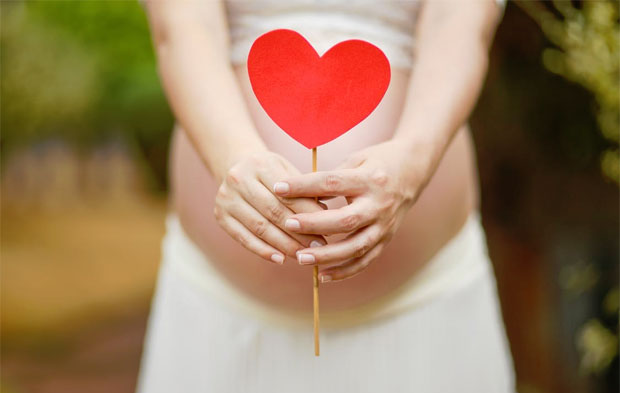
How to Improve Your Fertility & Your Chances of Getting Pregnant
Last week was National Fertility Awareness week. Fertility is a private and sometimes sensitive subject for many of us but it’s one that’s important to talk about as being aware of what will help you conceive could be life changing for many couples out there and might make a difference to whether you have a baby or not.
There are many factors that play a part in fertility and some we can’t do anything about. Though there are some things that we can do to improve our chances to get pregnant and I’ve received some helpful tips from Henrietta Norton, experienced Nutritional Therapist specialising in pregnancy and fertility, and Co-Founder of Wild Nutrition, a unique Food-Grown® supplement brand. These tips might be of interest to you if you’re thinking about trying for a baby.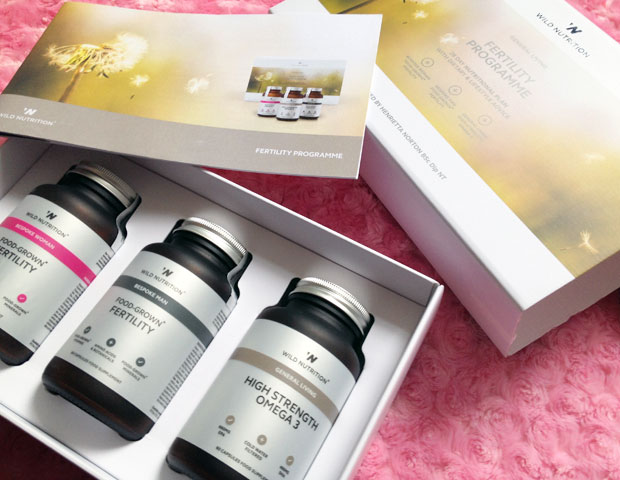
Most of us know that statistics that say that fertility levels drop in women over of 35 and that 1 in 6 British couples struggle with infertility but many don’t know that the months before you start to actively try for a baby are hugely important too.
Below, you can see advice from Henrietta that can help couples optimise their ‘fertile ground’ and give themselves a fertility MOT before trying to conceive.
- Maximise the Preconception Period
Lifestyle and dietary habits can have an impact on a couple’s chances of conceiving as factors such as stress levels, MCGs found in some foods, general vitamin intake, caffeine and alcohol consumption all affect how readily prepared the body is to produce an egg, sperm or to conceive a pregnancy. To optimise fertile ground, couples should be re-evaluating their diet and lifestyle habits at least three months before they start trying to conceive.
- Think about Fertility as a Partnership
Very often fertility preparation is seen as the preserve of women. In fact, for over half the couples in the UK who are experiencing subfertility (i.e. they are less than normally fertile), it is the result of problems on the male side.
- Limit Stress Factors
When someone is stressed, the body adopts a fight-or-flight response which over time, due to the release of the stress hormones cortisol and adrenaline, can affect hormone balance and nutrient levels. Make time to relax!
- Cut Down on Caffeine
Caffeine, especially in the form of coffee, has been shown to have a direct effect of fertility in some men and women.
- Reduce Alcohol Consumption
Alcohol can impact both male and female fertility, with The British Medical Journal reporting that women who consumed fewer than five units of alcohol a week were twice as likely to become pregnant in a six-month period than the women who drank more than this.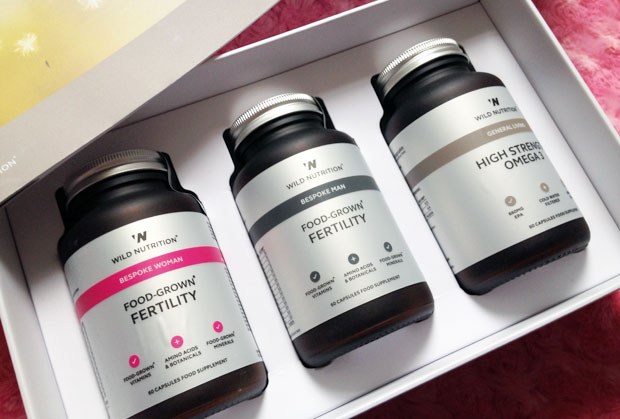
Good supplements are a great way to improve your health and your chance to conceive and have a healthy pregnancy. The Wild Nutrition Fertility Range supports preconception and preparation for pregnancy in women, and provide zinc to optimise normal fertility and healthy testosterone levels in men.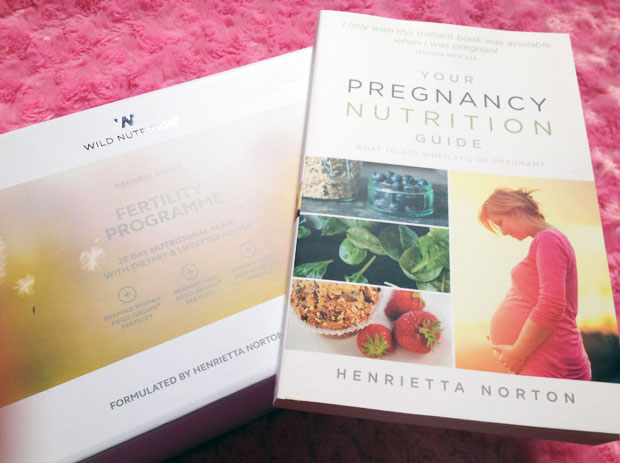
For further advice, check out Henrietta’s book, Your Pregnancy Nutrition Guide, which contains recipes and nutritional tips on how to optimise both male and female fertility. It’s a lovely book full of helpful advice!
Drawing on over a decade of work with mothers-to-be, expert nutritionist Henrietta Norton provides you with clear and practical advice on what to eat during preconception, pregnancy and the early stages of motherhood. In her book, you’ll find:
- What to avoid and which supplements to take
- Ways to eat a healthy vegetarian or vegan pregnancy diet
- Which nutrients are important at each trimester
- How to manage symptoms such as morning sickness and fatigue
- Pregnancy and preconception superfoods and recipes
- How to allergy-proof your baby and optimise their development
- The book also has meal planners for each trimester, a handy list of food to access on your smart phone and with chapters on preconception, breastfeeding and labour nutrition.
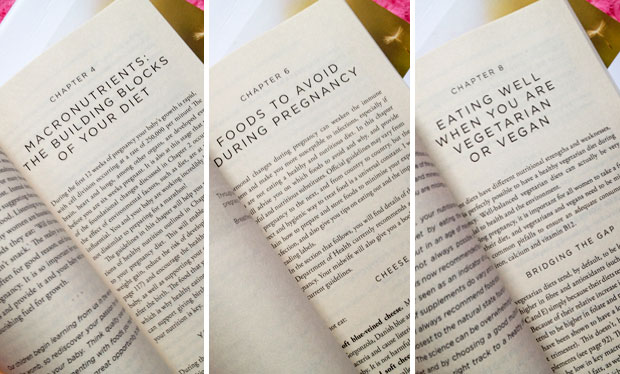
Before conceiving both our children, we changed our diet to be healthier, tried to be more active physically, took the recommended supplements, tried to relax more and cut of caffeine and alcohol. We started this months before trying to conceive to ensure that we’d given our bodies the best chance and ensured my body was as prepared as it could be for a healthy pregnancy. There are of course many other factors that can impact your chances of getting pregnant but we can all make the changes above to improve the odds. When it’s time for us to try for Baby No. 3 — not yet! — we’ll definitely make the same lifestyle changes again.
Samples of the supplements mentioned and the book in this post were provided to me to go with this post. As always, all my posts are 100% honest and all thoughts and opinions are my own.




